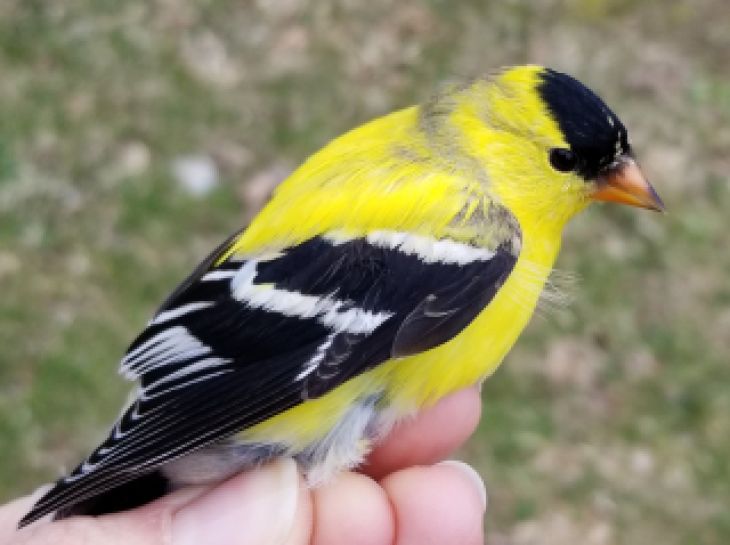When certain species of wild birds and primates discover new ways of finding food in the wild, it can serve to measure their flexibility and intelligence.
In the largest experimental study ever conducted on this topic, a team of researchers from Rockefeller University headed by postdoctoral fellow Jean-Nicolas Audet have shown, in collaboration with McGill’s Louis Lefebvre, that foraging problems requiring overcoming obstacles, such as removing the lid off a container of food, are the only predictors of brain size and innovative behaviour in the wild.
They also studied two other cognitive traits but did not find them to be associated with innovation rate in the wild.
The results of the study – which included 203 individual animals from 15 species, 13 of which were wild-caught – integrate observational studies of animal intelligence in the wild and experimental studies in captivity.
“Our results provide an effective way to study innovations in the lab using appropriate behavioral tasks in controlled conditions, allowing future investigations on their precise neurobiological, psychological, and ecological underpinnings,” said Audet. “We now have a more valid model to study the evolution of intelligence.”
About the study
Problem-solving skills are predicted by technical innovations in the wild and brain size in Passerines by Jean-Nicolas Audet, Louis Lefebvre et al., was published in Nature Ecology & Evolution.







